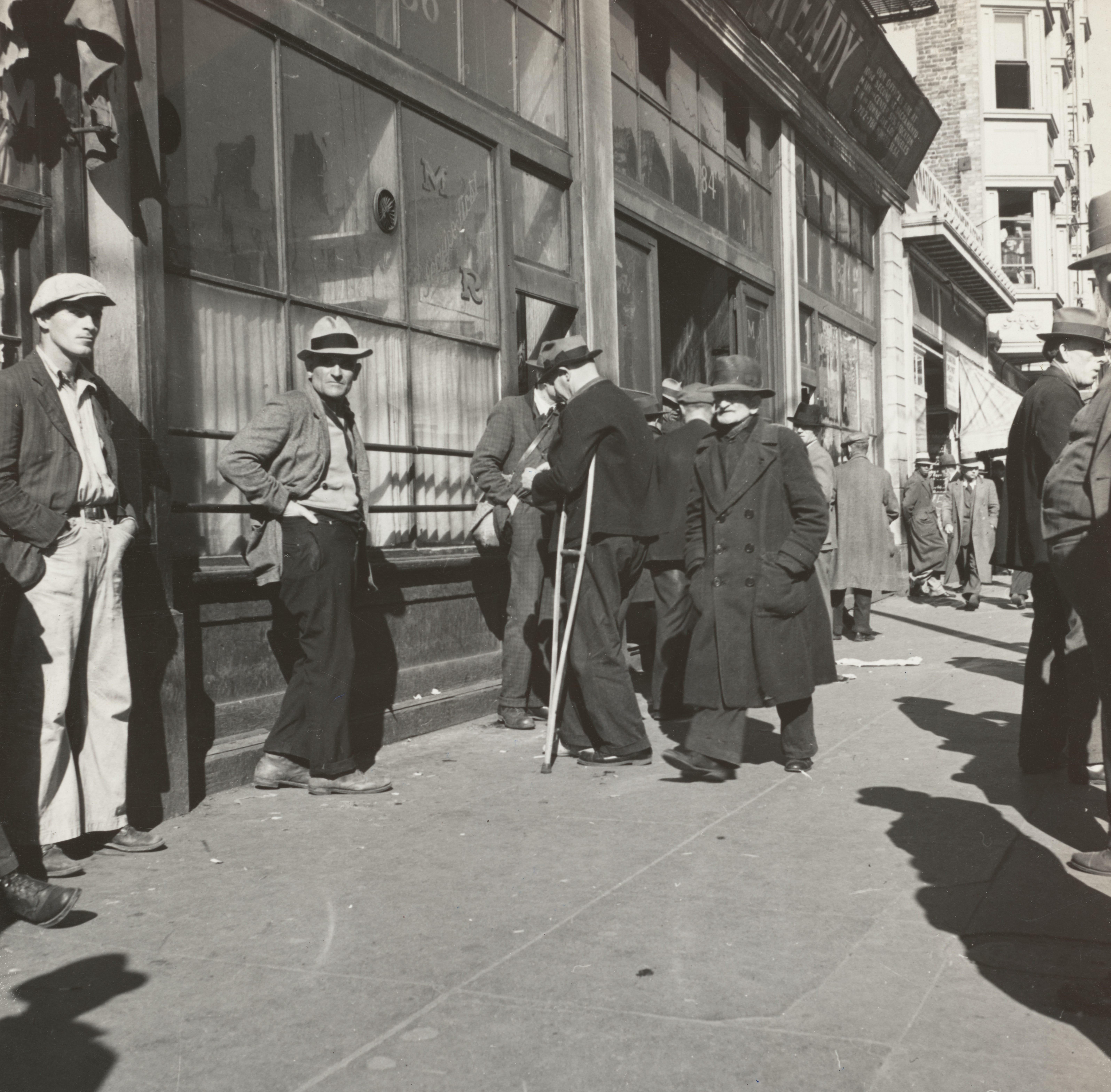Evictions and Bankruptcy
As of the publishing of this blog entry, the State of Georgia has resumed judicial evictions. They have been going on for just under two weeks and already, courts are seeing their dockets fill up with hundreds of requests in each and every county, particularly in the Northern District. The sad reality is, those evictions have a real impact on real people. You may have googled your protections and found what you think are protections that the state offers. What you may not have realized is that google often pulls in information from other states, despite your inquiry. The truth is, in Georgia, you have very few legal remedies should your landlord file a dispossessory action against you.
Landlords can file a dispossessory against you the minute that you are late and within a matter of weeks, law enforcement can show up at your door and remove you and your family from the property. In Georgia, evictions are like clockwork. In certain circumstances, Bankruptcy can help slow or stop the eviction process and it can certainly help you if you wish to break your lease and move on or if your landlord is seeking a judgement against you for unpaid rent. Bankruptcy is a powerful financial tool you can use to help yourself get out of a bad situation. If your landlord is trying to evict you, you should seek the opinion of a qualified bankruptcy attorney as to whether or not bankruptcy can help you in your situation.
If you have already been evicted, bankruptcy can stop the landlord from continuing to collect back rent and keeps them from getting a judgment against you for any unpaid rent from the remainder of the lease. Additionally, if you know you can’t afford your rent, bankruptcy can allow you to break your lease without the repercussions of being sued by your landlord for ending the lease early. This is particularly true in cases of commercial leases when you must shut down your small business.
If you find yourself in the unfortunate situation where you are unable to afford to pay for your rent any longer or your landlord has sought a judgement against you, contact our office today. We offer a free consultation, either in person or online, to help you discuss your options in bankruptcy.

